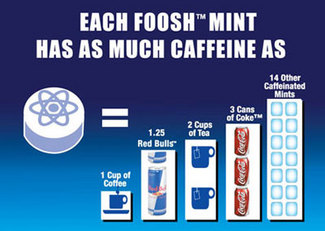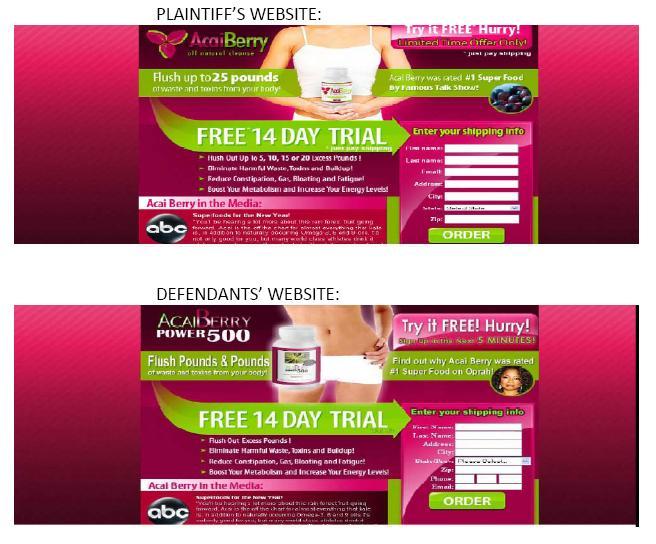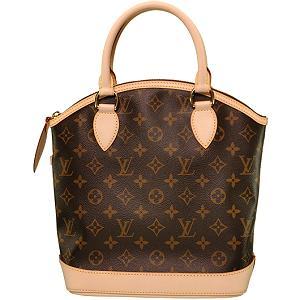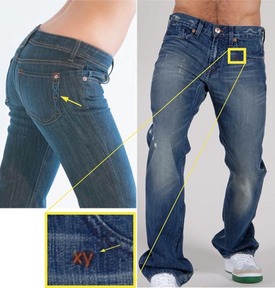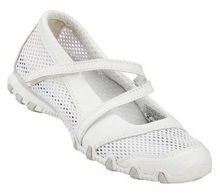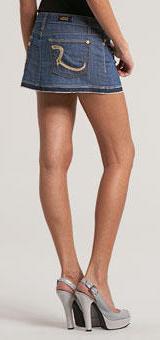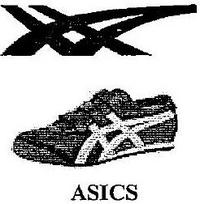Los Angeles, CA –False advertising attorneys for DS Waters of America, Inc. (“DSW”) filed an unfair competition and false advertising complaint at the Federal District Court in Los Angeles, over Nestle Waters’ comparative advertisement of pricing for home/office delivery of water. DSW markets and sells bottled water under its U.S. Patent & Trademark Office registered trademarks of Sparkletts®, Hincley Springs®, and Crystal Springs®. Nestle is a competitor and sells its bottled water under its U.S. Patent & Trademark Office registered trademarks of Arrowhead®, Ice Mountain®, and Zephyr Hills®.
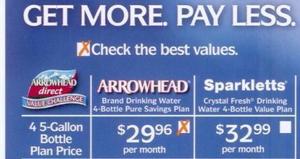 The complaint alleges that Nestle’s recent advertising campaign makes inaccurate and misleading price comparisons. The advertisements, published through newspapers and customer proposals, “falsely state that DS Waters’ current price for its 4-bottle monthly delivery service is $32.99/month in Los Angeles and Chicago, and $31.99 in Tampa.” The advertisement is allegedly false because “DS Waters’ 4-bottle monthly delivery service are literally false in that DS Waters’ current price for a 4-bottle monthly water delivery service is $27.99 in the Los Angeles area, $25.99 in the Chicago area, and $28.99 in the Tampa area.” Further, Plaintiff alleges that Nestle’s comparative pricing slogan of “Get More. Pay Less for Home Delivery (Sorry, Spakletts®)” is expressly false, impliedly false and/or deceptively misleading. In addition to monetary damages, DSW seeks both preliminary and permanent injunctions and seeks corrective advertising. The case is titled DS Waters Of America, Inc. v. Nestle Waters North America, Inc., CV08-04970 PA (C.D. Cal. 2008).
The complaint alleges that Nestle’s recent advertising campaign makes inaccurate and misleading price comparisons. The advertisements, published through newspapers and customer proposals, “falsely state that DS Waters’ current price for its 4-bottle monthly delivery service is $32.99/month in Los Angeles and Chicago, and $31.99 in Tampa.” The advertisement is allegedly false because “DS Waters’ 4-bottle monthly delivery service are literally false in that DS Waters’ current price for a 4-bottle monthly water delivery service is $27.99 in the Los Angeles area, $25.99 in the Chicago area, and $28.99 in the Tampa area.” Further, Plaintiff alleges that Nestle’s comparative pricing slogan of “Get More. Pay Less for Home Delivery (Sorry, Spakletts®)” is expressly false, impliedly false and/or deceptively misleading. In addition to monetary damages, DSW seeks both preliminary and permanent injunctions and seeks corrective advertising. The case is titled DS Waters Of America, Inc. v. Nestle Waters North America, Inc., CV08-04970 PA (C.D. Cal. 2008).
 Los Angeles Intellectual Property Trademark Attorney Blog
Los Angeles Intellectual Property Trademark Attorney Blog



